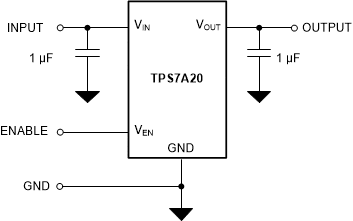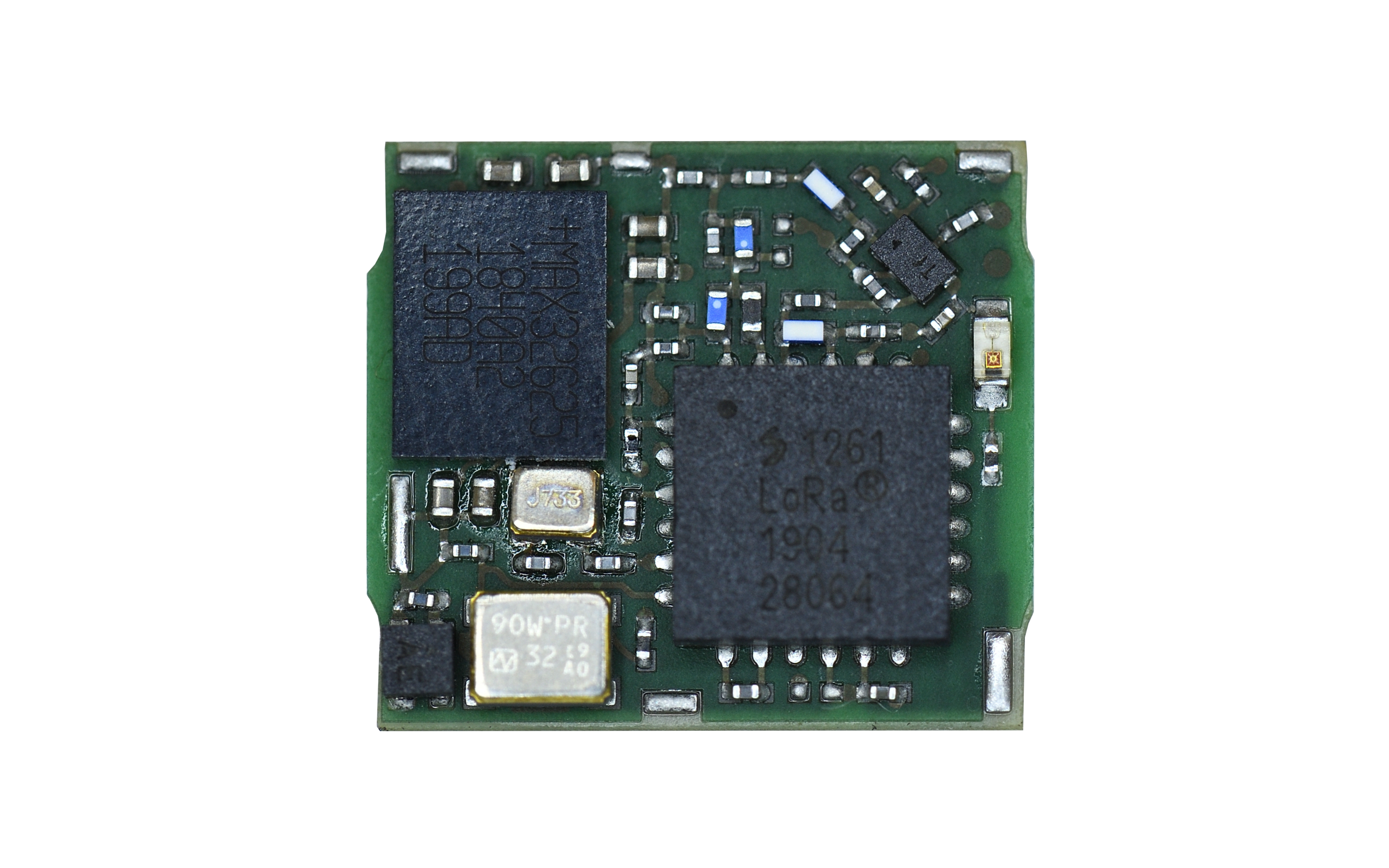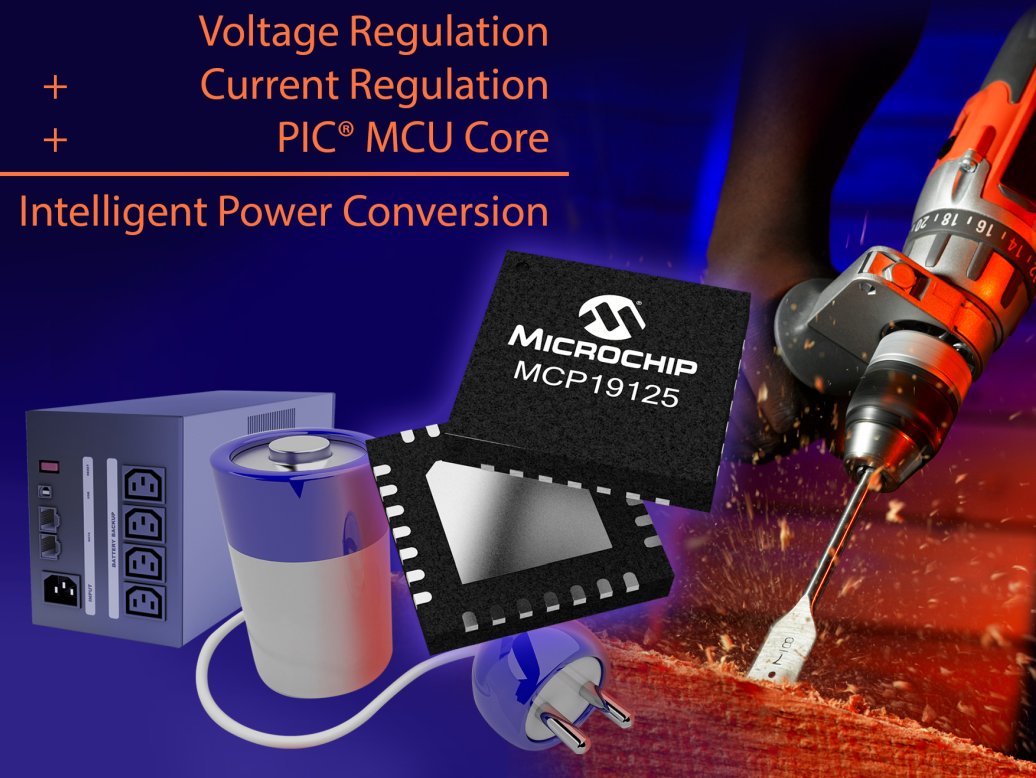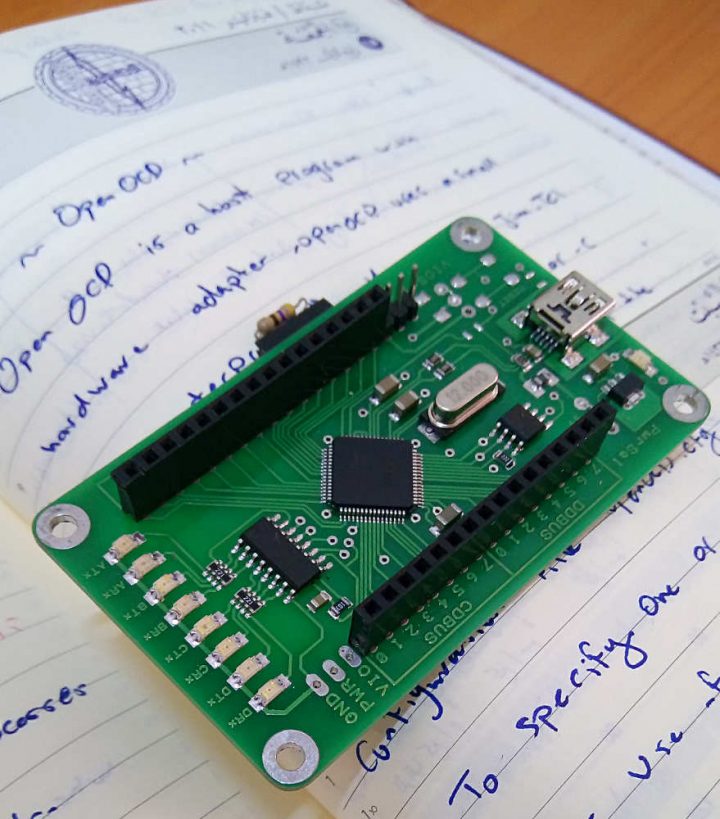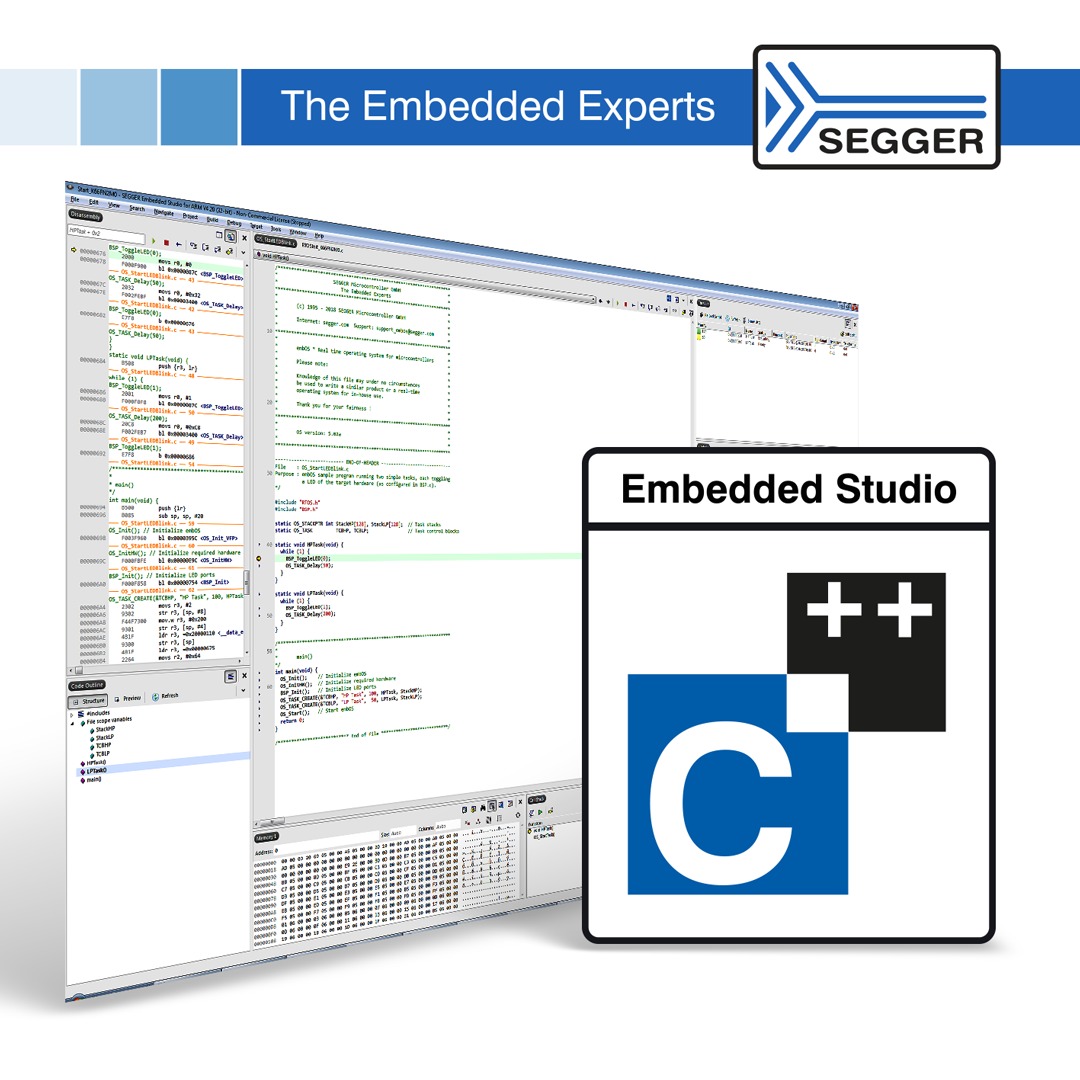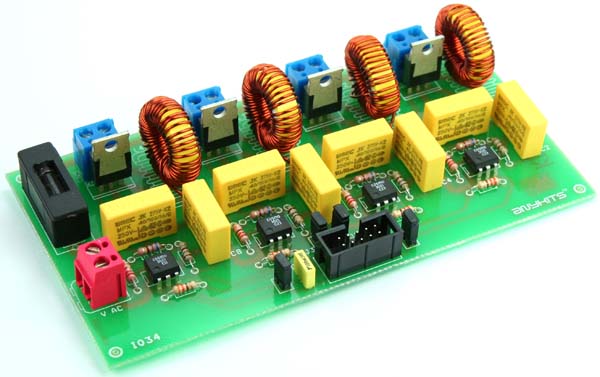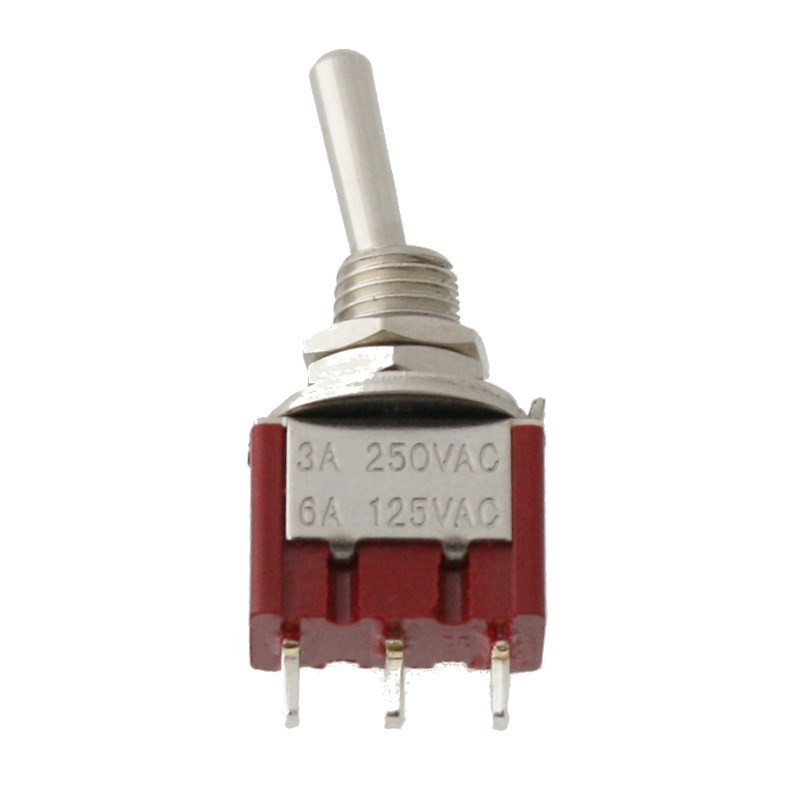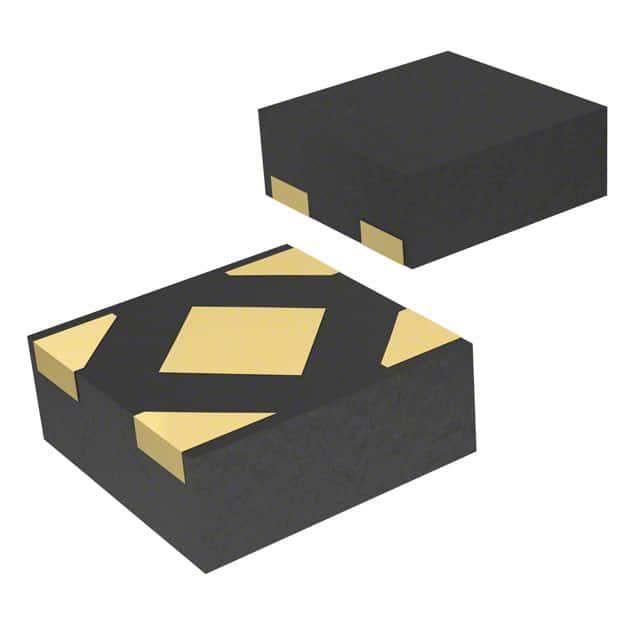
Texas Instruments’ 300 mA, high PSRR regulator is suitable for battery-powered applications
Texas Instruments’ TPS7A20 is an ultra-small, low-dropout (LDO) linear regulator that can source 300 mA of output current. The device provides low noise, high PSRR, and excellent load and line transient performance that can meet the requirements of RF and other sensitive analog circuits. Using innovative design techniques, the TPS7A20 offers ultra-low-noise performance without adding a noise-bypass capacitor. This regulator provides the advantage of low quiescent current making it ideal for battery-powered applications. With an input voltage range of 1.6 V to 6.0 V and an output range of 0.8 V to 5.5 V, the TPS7A20 can be used for a wide variety of applications.
The device uses a precision reference circuit to provide maximum accuracy of 1.5% overload, line, and temperature variations. The TPS7A20 features an internal soft-start to lower the inrush current minimizing the input voltage drop during start-up. The regulator is stable with small ceramic capacitors, allowing for a small overall solution size. The TPS7A20 has a smart enable input circuit with an internally controlled pulldown resistor that keeps the LDO disabled even when the EN pin is left floating and helps eliminate the external components used to pulldown the EN pin.
Features
- Low output voltage noise: 7 µVRMS
- No noise-bypass capacitor required
- High PSRR: 95 dB at 1 kHz
- Input voltage range: 1.6 V to 6.0 V
- Output voltage range: 0.8 V to 5.5 V
- Output voltage tolerance: ±1.5% (max.)
- Very low dropout:
- 140 mV (max.) at 300 mA (VOUT = 3.3 V)
- 145 mV (max.) at 300 mA (VOUT = 3.3 V, DBV)
- Very low IQ: 6.5 µA
- Low inrush current
- Smart enable pulldown
- Stable with 1 µF minimum ceramic output capacitors
- Packages:
- 1 mm x 1 mm X2SON
- 0.603 mm x 0.603 mm DSBGA
- 2.90 mm x 1.60 mm SOT23-5
Application Circuit
more information: https://www.ti.com/product/TPS7A20





